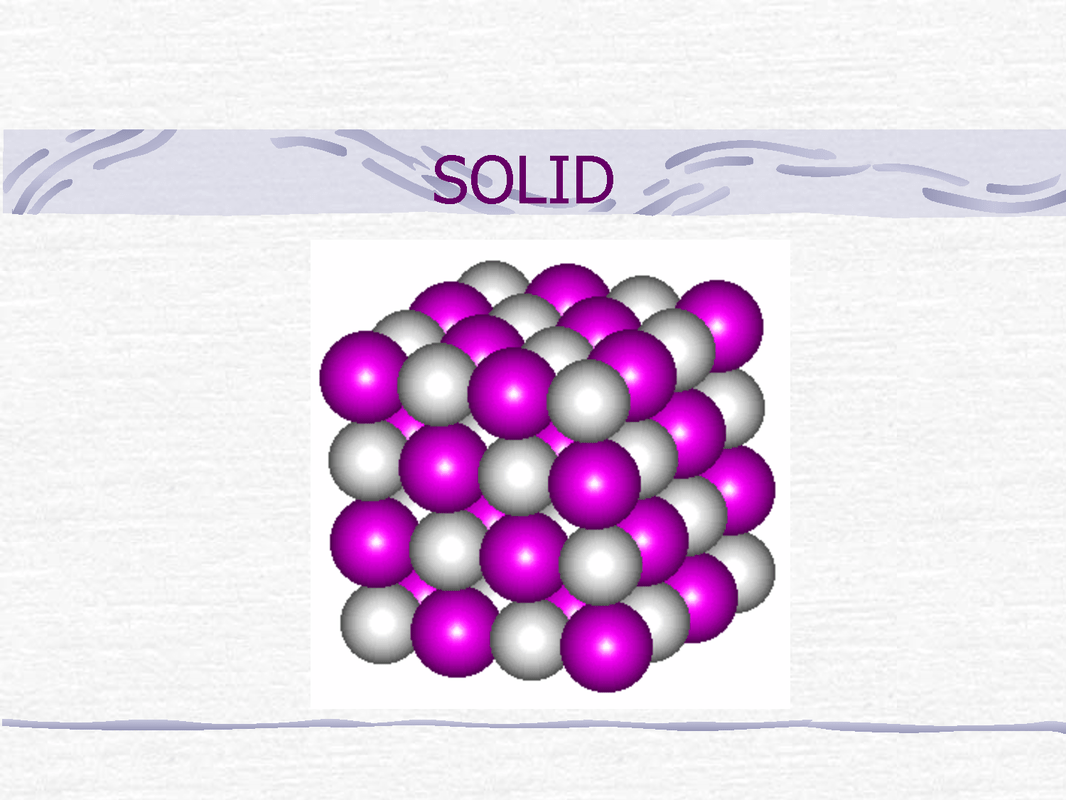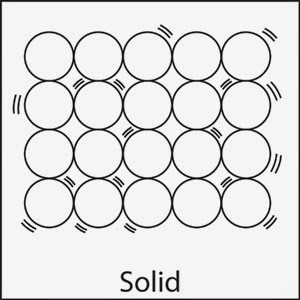Diagram Of Solid Particles
Particles phases gases solids liquids particle arrangements packed monahan caroline Igcse chemistry: states of matter Particle solids solid particles model liquids matter science gases states together chemistry packed movement close gcse changes substance vibrate pattern
What are the characteristics of the particles of matter? - Teachoo
Solids ionic chemistry particles chem nacl atoms introductory libretexts substances ions attraction composed alternating liquids pageindex canadian Particle liquids solids gases particles Solid particles particle movement arrangement molecular kinetic diagrams liquid gas diagram matter states model physics energy speed heat three does
Particles liquids solids gases primaryleap chemistry
Particle model of solids, liquids and gasesMatter solid liquid gas theory gases kinetic model energy science particle particles movement states bbc gcse physics revision chemistry conduction Particles compare socratic chemistrySolid particles arrangement twinkl poster illustration display create tolsby bunting lettering colouring themed labels banner sheet frame own story board.
Arrangement of particles in phases of matter — comparisonWhat are the characteristics of the particles of matter? Chemistry: states of matter: level 1 activity for kidsSolid particles science particle theory liquid gas close spaces.

Matter particles characteristics teachoo attract motion
Particles states phases particle arranged liquid objects between move comparison differently3. particle model of matter Gases solid particles arrangement solids liquids matter states motion diagram movement theory kinetic simple liquid gas three igcse each describeMatter diagram particle states chemistry solid particles arrangement igcse solids gcse liquid gas regular three liquids very forces attraction strong.
Kinetic theoryParticle diagrams Solid particles arrangement illustrationArrangement of particles in phases of matter — comparison.

How does the arrangement of the particles in a liquid compare to that
What is the particle model .
.









